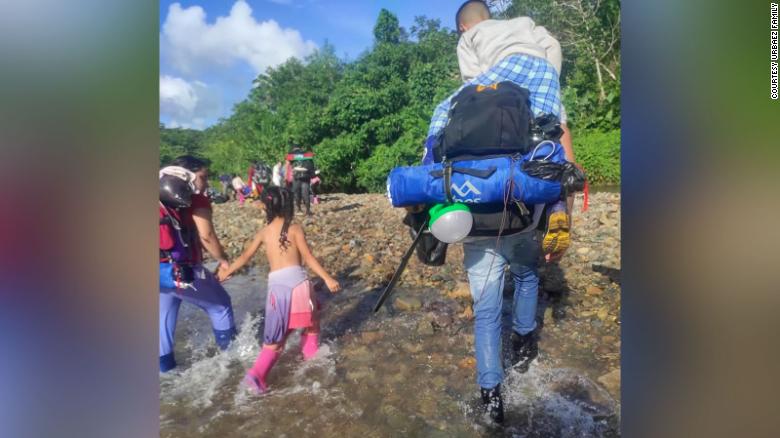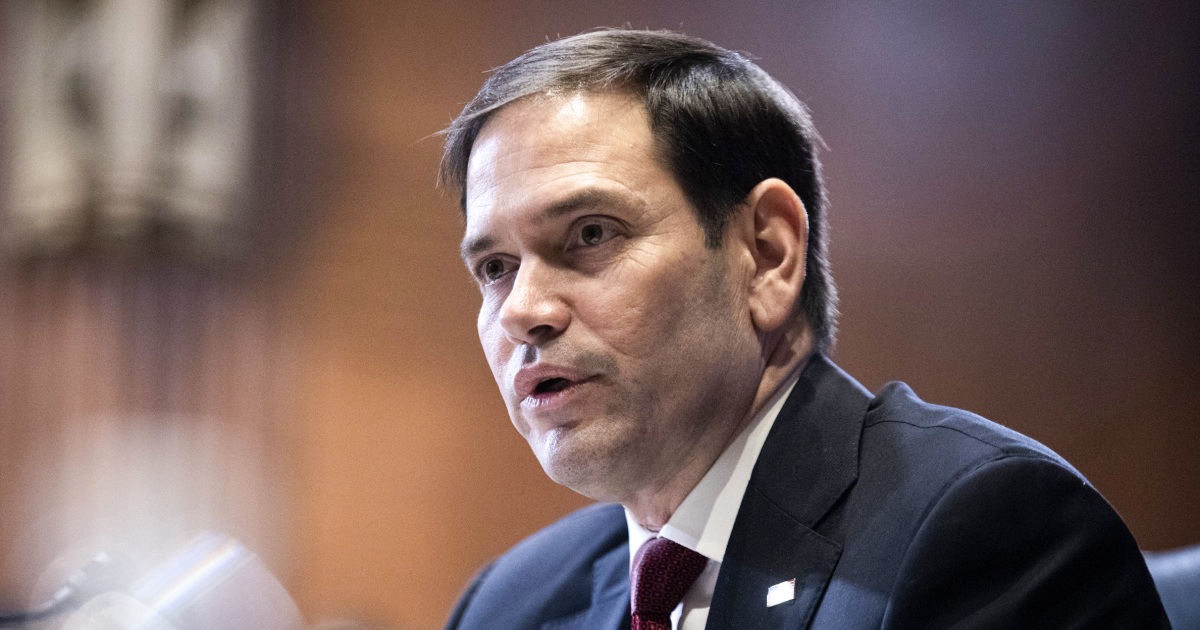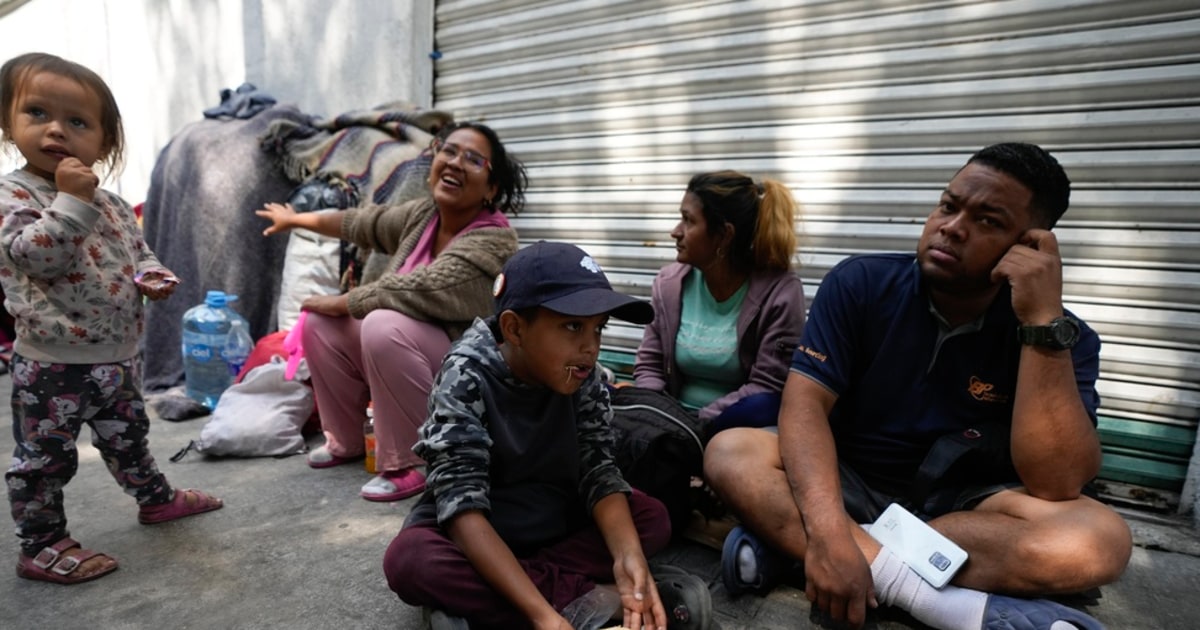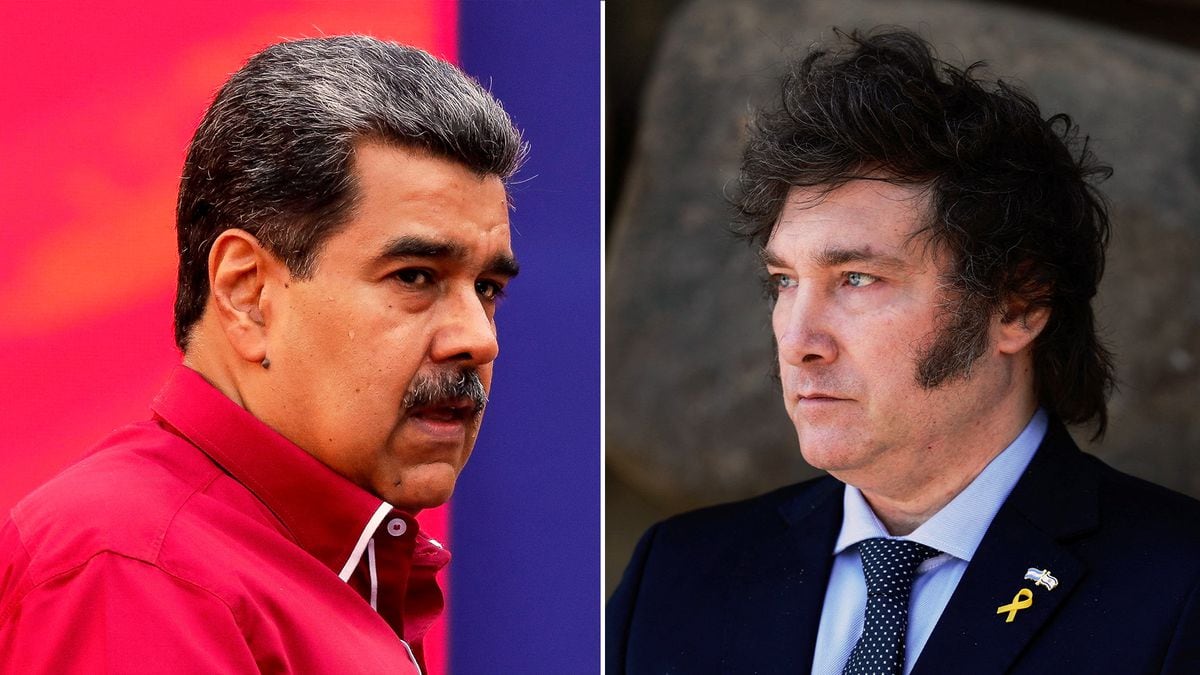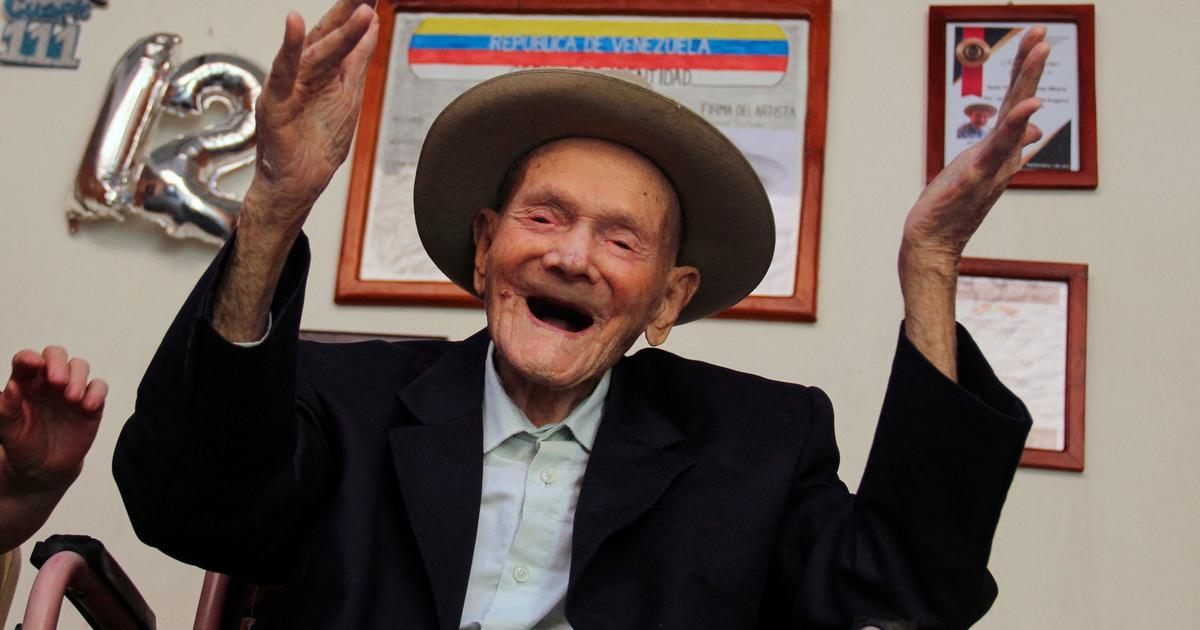The long road of a migrant family that arrived in New York from Peru 4:12
New York City (CNN) --
After a two-month journey through 10 countries, traversing the jungles of northern Colombia, the Darien Gap and the US immigration system, Anabel and Crisman Urbáez from Venezuela, together With their two children and their dog, they now sleep in warm beds at a family shelter in Brooklyn.
But their relative calm these days disguises a harrowing journey that began in Lima, Peru, after economic fortunes dried up and the family became the target of xenophobic diatribes.
Like the thousands of migrants sent from Texas to Washington and New York, by order of the Texas governor to protest the immigration policies of the Biden administration, the Urbáez family sold everything they had and gathered what they could for the trip. , including Max, his pit bull puppy.
"The economy started to decline in Peru," Crisman Urbáez told CNN.
"We couldn't buy a lot of food. There is also a lot of xenophobia against Venezuelans in Latin America. Sometimes people insulted us, and I didn't want that for my children."
The family traveled through parts of Ecuador and Colombia in late April using cars as a means of transportation.
Then a four-day trek through the jungles of northern Colombia brought them to Panama.
advertising
Sebastián Urbáez, the couple's son, told CNN there were times when he was exhausted.
At such times, he said, Max would lean on him and lick his cheek to cheer him up.
Sebastián, Criszanyelis and Max sleep in Colombia.
"It was very hard. He kept walking with us. He's not just a dog. Now he's like our brother," says 9-year-old Sebastian.
Determined to get Max to the United States, the family said they put him on several buses by wrapping him in a blanket and passing him off as a child.
"It was hard going through Costa Rica. When they realized Max was a dog, they asked us to get off the bus," Crisman said.
"But we keep trying."
After weeks sleeping on cardboard and making it safely through Mexico, the family crossed the Rio Grande River and turned themselves in to immigration authorities in Eagle Pass, Texas, on June 19.
Ask for asylum and look for Max
The Urbáez family requested asylum when crossing the border.
But immigration officials refused to accept Max into the country.
They told Anabel to think about her children and leave the dog behind.
"But I just couldn't," Anabel said.
"Not after everything that has happened with our family."
Sebastian and his 6-year-old sister, Criszanyelis, began to cry as the family begged immigration agents to let them take Max away, to no avail.
"There was an officer, who I think God put in our path," Anabel told CNN.
"I'm so thankful for him. He also cried a little bit. Then he told me he took Max to a shelter and gave me the address of the shelter so I could go find him once we were released."
The immigration official, according to Anabel, recognized Max from articles published by the Latin American media, which had covered the family's unusual trip.
The Mexican news outlet Posta dubbed the dog "Max, the migrant dog."
The Urbáez family makes its way through the Darién Gap.
Upon his release, the family headed to the dog shelter to retrieve Max.
But at the shelter they were told that Max had been handed over to a man claiming to be a relative of the family.
The Urbáez family was able to locate the man, a fellow traveler who had traveled with them, according to Anabel.
The man agreed to return Max to them if they picked him up in Uvalde, Texas.
With the help of a stranger who offered to drive the family, the Urbaezes met with Max the next day.
They then met at Uvalde Memorial Park, where Criszanyelis left a toy at the memorial set up for the 21 victims of the Robb Elementary School shooting, Anabel said.
the urban jungle
After release from US custody, immigration officials in Texas directed the Urbaez family to a shelter in New York City and scheduled a meeting with immigration court.
The family, with Max safely in their custody, was now determined to get to New York and appear before a judge.
With the help of a stranger, who came across the Urbáezes stranded at a gas station, the family took them to San Antonio, where they hoped to find more help.
In San Antonio, they approached an organization that provides assistance to immigrants (Anabel doesn't remember the name of the group, but she said all the workers wore blue jackets).
"They helped us out and got us plane tickets to New York City, but when they found out we had a dog, they canceled our tickets," Crisman said.
The family told CNN they begged the organization for help and eventually agreed to get the family bus tickets to New York City.
The Urbaezes traveled for three days, the couple said, before arriving in New York shortly before midnight on June 27.
The family arrived at the Port Authority and began looking for the shelter that immigration officials in Texas had pointed out.
After asking for directions multiple times, they found the shelter but were denied entry because the organization only helps survivors of domestic violence, not entire families, according to Anabel.
It looked like the family would spend the night on the street, until they struck up a conversation with the owner of a bodega on 9th Avenue and 39th Street, according to the couple.
When the owner heard the family's story, he offered to let them sleep in his truck for the night.
"He told me he didn't want anything from me. That he would let me sleep in his car for the night and help me find a place to go the next day," Crisman said.
The Urbáez family appears in Panama.
The next day, the owner fed the family and let them hang out at his grocery store.
When Robert Gonzalez, a local resident and activist who frequents the store, stopped by, the store owner asked Gonzalez to help the family, Gonzalez told CNN.
Gonzalez, who has been helping Venezuelan migrant families for the past two years, asked the warehouse owner to take the family to the Office of Temporary Housing and Prevention Assistance in the Bronx.
But the family was again rejected.
The shelter does not allow dogs.
Gonzalez then reached out to a psychotherapist friend who helped the family start the process of registering Max as a service dog so he could join the family in shelters.
Meanwhile, a volunteer took Max away, and the family spent the next two days waiting for the city's homeless intake center to process their paperwork.
The family now lives in a shelter in Bushwick, Brooklyn.
And while they finally have a warm bed to sleep in, they still feel like they're in limbo, they said, even though they're grateful to have made it to the United States.
"The father can't work," Gonzalez said.
“Until their next court date, they don't have permission to work, so they have to rely on people like me who are willing to help.
It is worse for Venezuelan migrants because they are orphans in a sense.
There are no Venezuelan embassy or consulates in the United States that they can go to if they need help or a copy of a document from their home country."
This fall, Sebastián and Criszanyelis Urbáez will be among the approximately 1,000 children of asylum seekers that the Department of Social Services hopes to enroll in New York City public schools as part of the Open Arms Project, a city initiative to help asylum-seeking families with academic and language needs.
The family's next court date is in October 2023, that day they will find out if they have been given permission to legally work.
In an interview with CNN, New York City Commissioner of Immigrant Affairs Manuel Castro said the city is asking the federal government to step in and provide additional support to the city and expedite work permits for immigrant applicants. asylum.
“Most of the families I've talked to want to work, they don't want to stay in shelters.
They just want to contribute to society, they just want to be at peace,” Castro said.
In the meantime, Max has become a certified service dog.
"We don't just think of him as a dog. We see him as part of the family."
Annabel said.
"The children would not have forgiven us if we had left him behind."
Immigrant in the US

